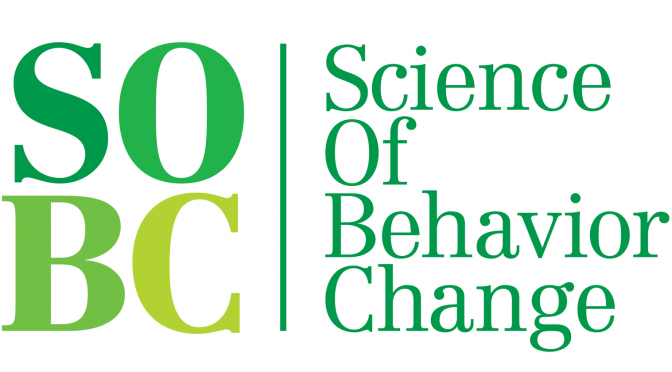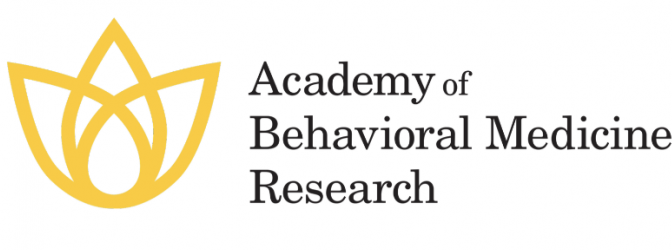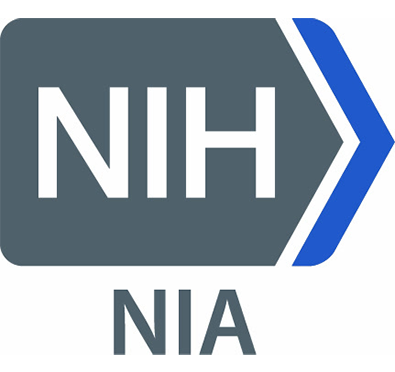
NIH Music-Based Intervention Toolkit for Brain Disorders of Aging—A New Web Resource for Researchers
The National Center for Complementary and Integrative Health (NCCIH) and National Institute on Aging (NIA) are delighted to announce a new web-based resource, the National Institutes of Health (NIH) Music-Based Intervention Toolkit. The online Toolkit was adapted from a paper published in the journal Neurology on May 1, 2023, and will help researchers and health professionals interested in exploring music interventions for brain disorders of aging.
For details and the original article, click Here






